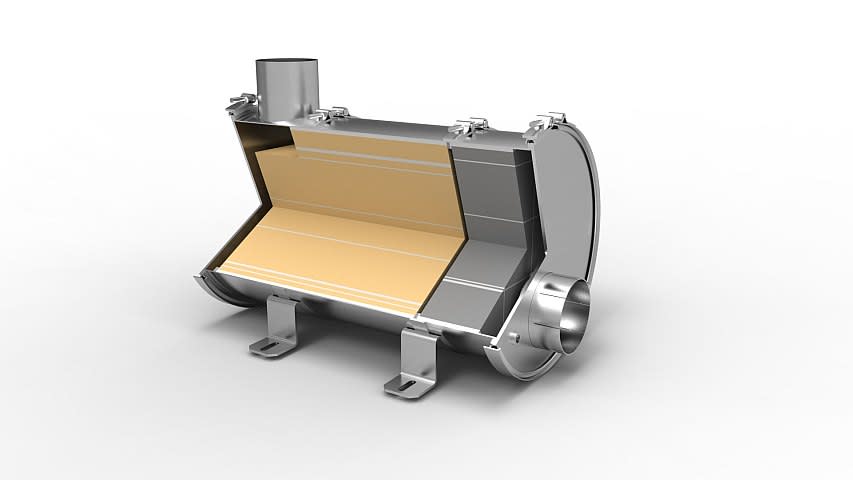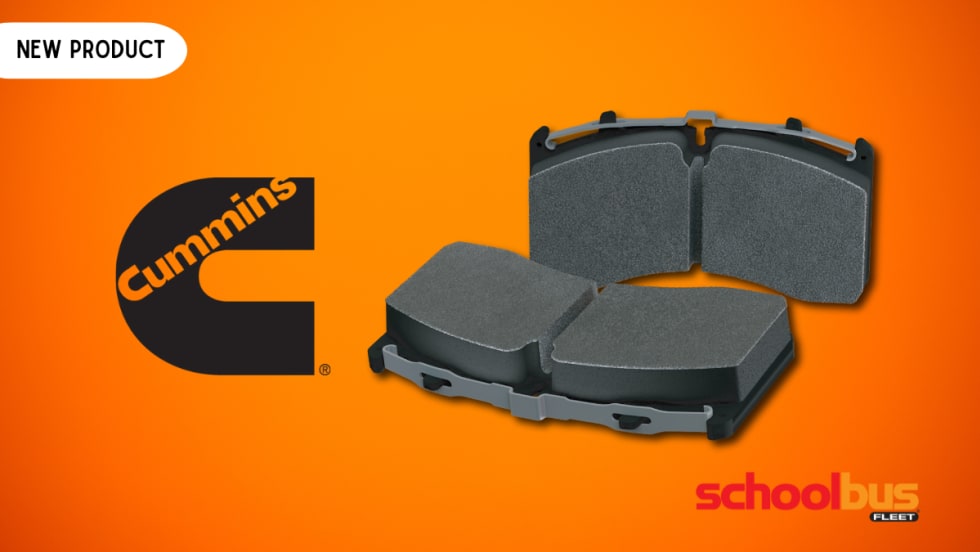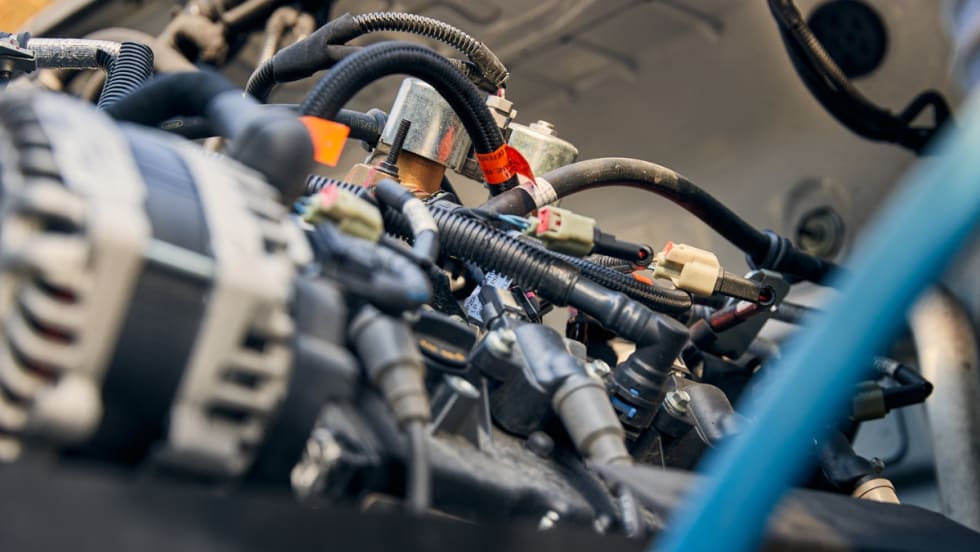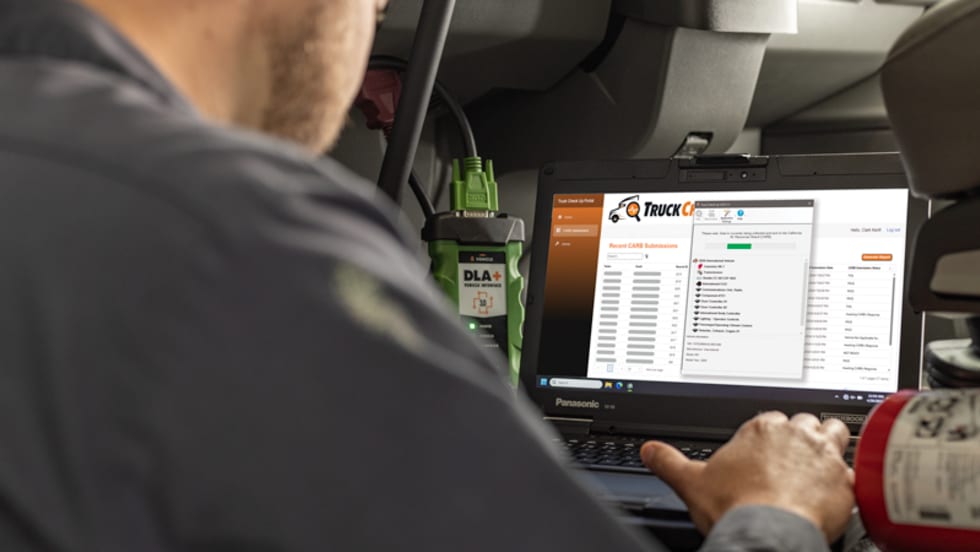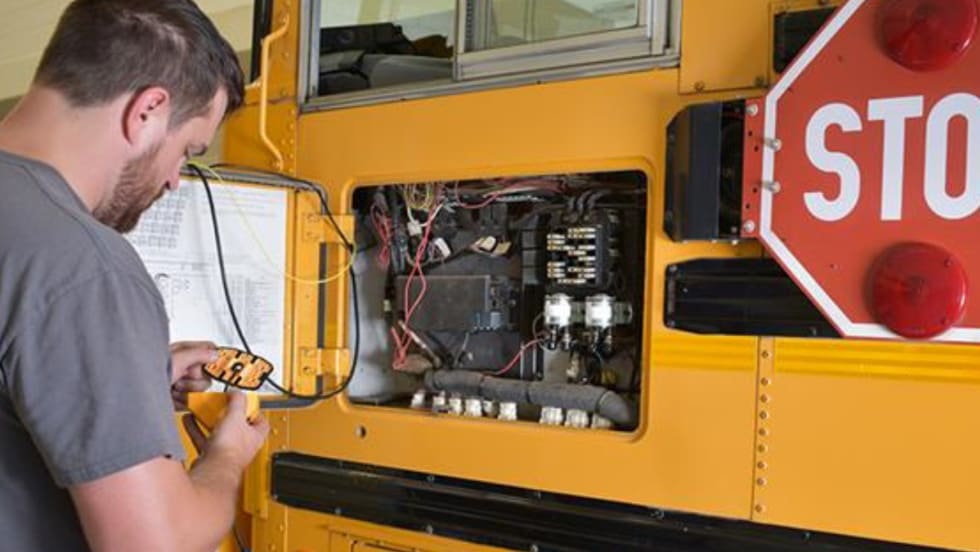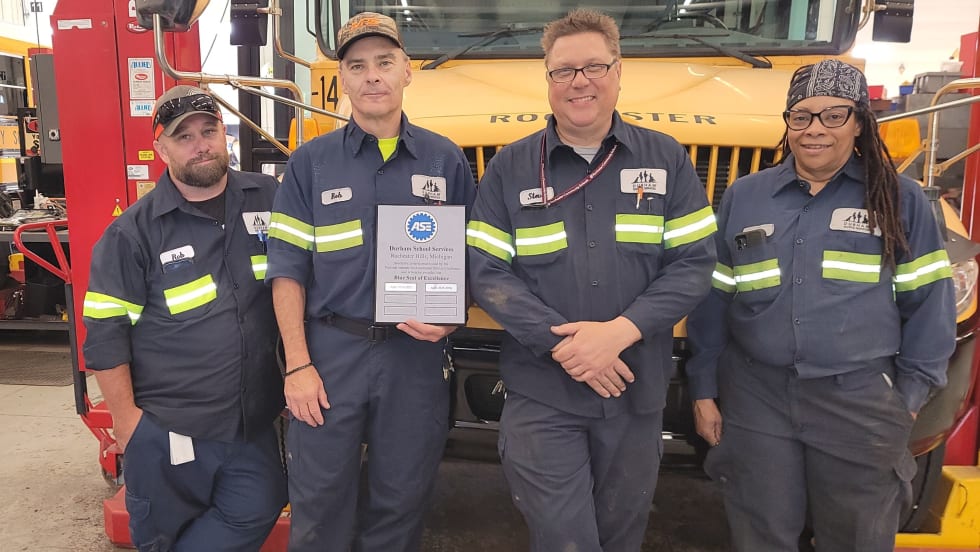
Each school bus takes an estimated 36 cars off of the road, reducing traffic and its environmental impact. However, old diesel buses also have a significant impact because of their higher emissions.
The EPA’s Clean School Bus program has been working to protect children’s health across the country by funding projects to reduce emissions. Since many school districts are limited by budget constraints and cannot afford to replace aging buses, installing diesel particulate filters on school buses can be a more budget-friendly option for cutting emissions.
A variety of retrofit products are designed to reduce harmful exhaust from diesel engines in older school buses. These products do more than help the environment; they are also designed to put less wear and tear on the engine, which can help extend the life of the bus.
Here are some emissions control products that are available for school buses.
Hug Engineering
Hug Engineering Inc. develops, manufactures, and engineers emissions control systems to meet the demand for cleaner air. The Swiss company produces diesel particulate filter (DPF) products on a massive scale, with thousands of systems in use worldwide.
The supplier creates products for commercial and municipal trucks, school buses and transit buses, and on- and off-road heavy-duty diesel equipment. With a market share of over 50%, every second retrofit DPF that is sold comes from Hug, says Matt Kilyik, head of sales unit OE applications/retrofit at Hug Engineering.
Newer school buses in the U.S. already have DPF systems installed by the original equipment manufacturer. For pupil transporters that can’t afford to replace their entire fleet, Hug Engineering offers a retrofit DPF for older school buses that do not have the OEM system installed. It is an economic and easily installed retrofit system, with thousands of units already installed in the U.S., according to the company.
Simple maintenance is required for the DPF. Since no combustion is 100% complete, ash residual accumulates in the filter, which needs to be cleaned out periodically. This is accomplished by removing the filter and cleaning the unit, using a cleaning machine that is available at many truck and bus centers nationwide.
For more information, visit www.hug-engineering.com.

ESW Group
ESW offers three California Air Resources Board (CARB) verified diesel emissions control devices, which are tailored to span the entire school bus duty cycle: the ThermaCat-e, the LongMile-s, and the Horizon diesel particulate filters.
“The North American school bus market is very important to us,” says Adam Gross, director of sales at ESW Group. “Tens of millions of children are transported to school by bus every day and are exposed to very harmful particulate matter emissions.” To effectively capture these pollutants, ESW offers the ThermaCat-e, an active Level 3+ CARB-verified diesel engine retrofit device utilizing exothermic (flameless) technology. It is specifically designed to perform safely with an automatic, electronically controlled filter regeneration, without affecting the engine’s overall performance.
The filter regeneration takes place in real-time engine operation, which offers customers a unique solution for the diesel engine retrofit needs of school transportation providers, Gross says.
ThermaCat-e school bus kits are engineered specifically for each school bus make and model and contain all mounting hardware and accessories necessary for a complete certified installation. The ThermaCat-e requires no operator interaction.
The ThermaCat-e has undergone extensive field and laboratory testing, including crash testing and 1,000-hour destructive vibration durability. It has been engineered to ensure school buses conform to original OEM configuration and remain Federal Motor Vehicle Safety Standard 301S compliant.
The company has retrofitted thousands of school buses, offers installation support to meet tough highway patrol standards, and has an experienced distribution network to supply products to the school bus market, Gross says.
For more information, visit www.eswgroup.com.



